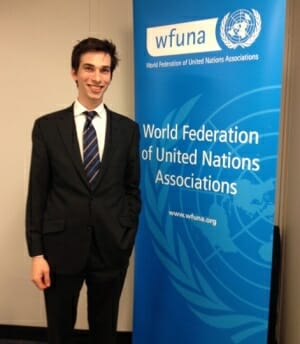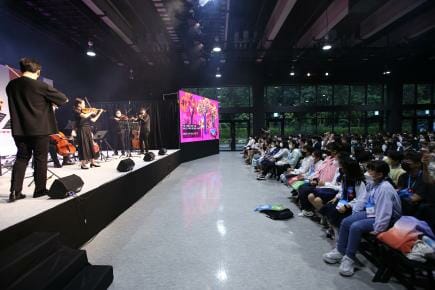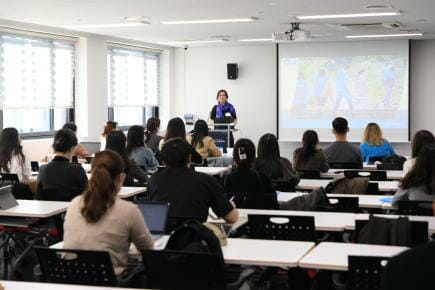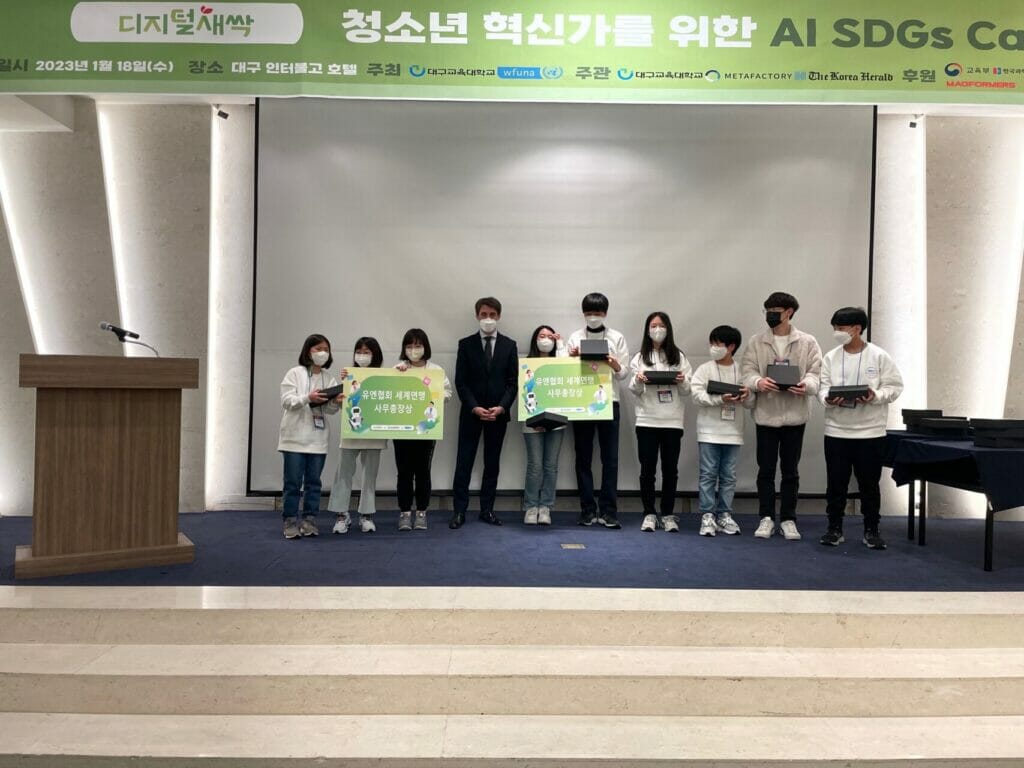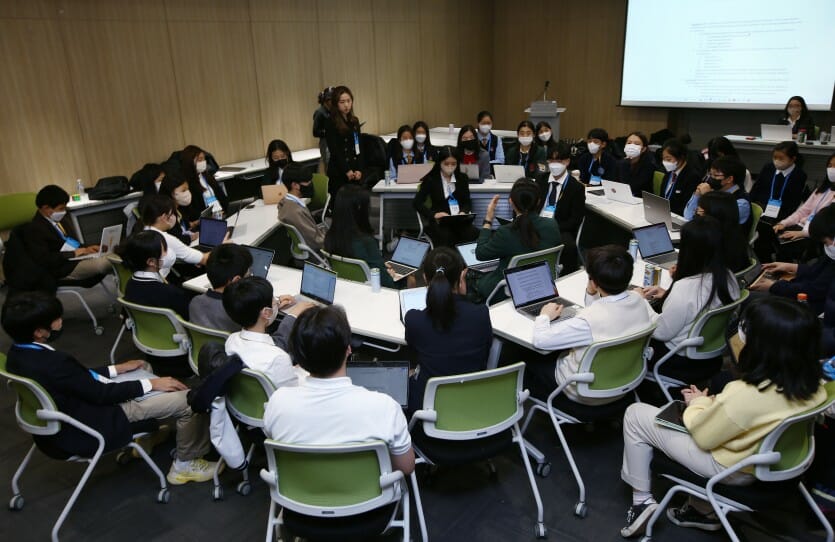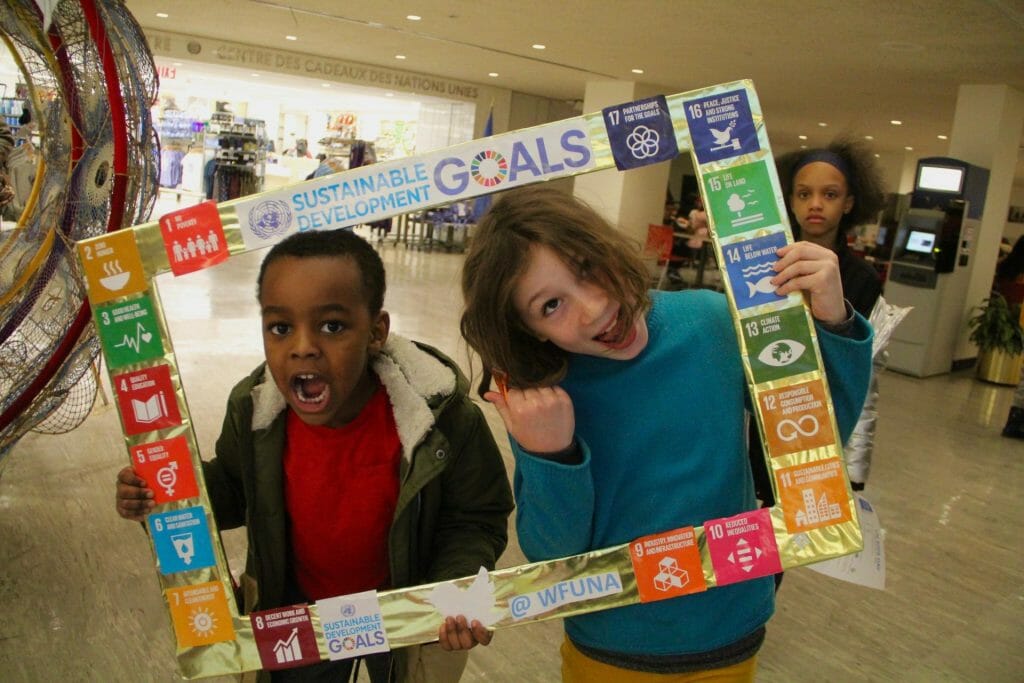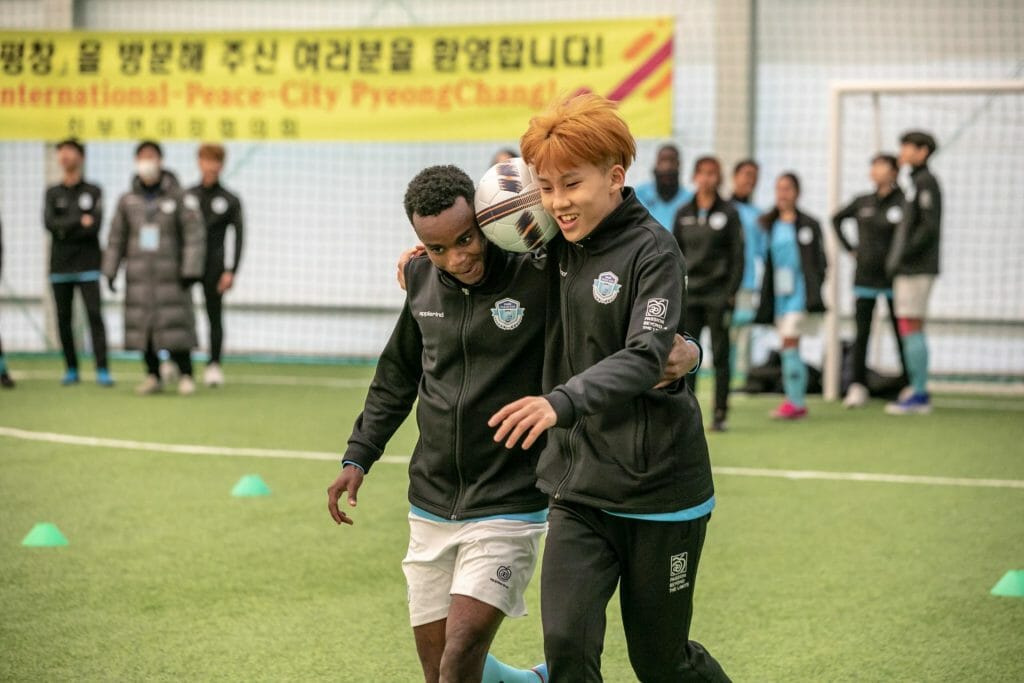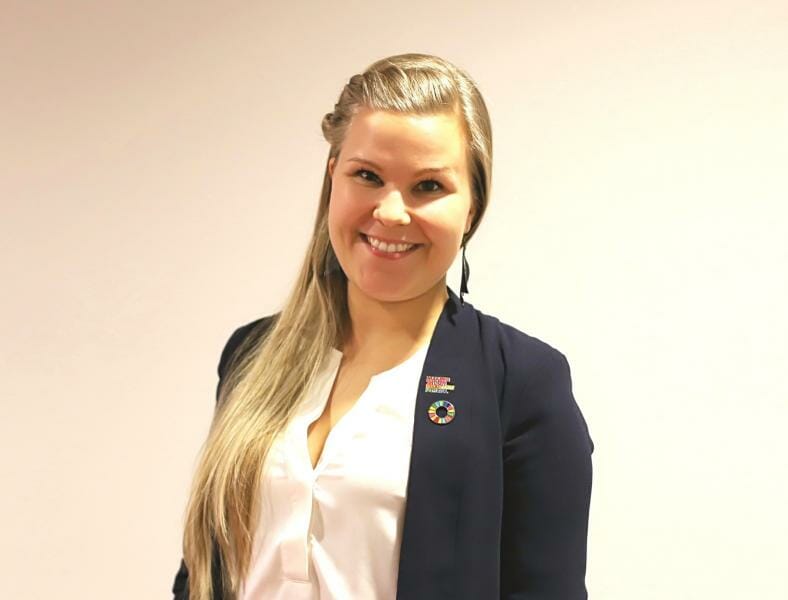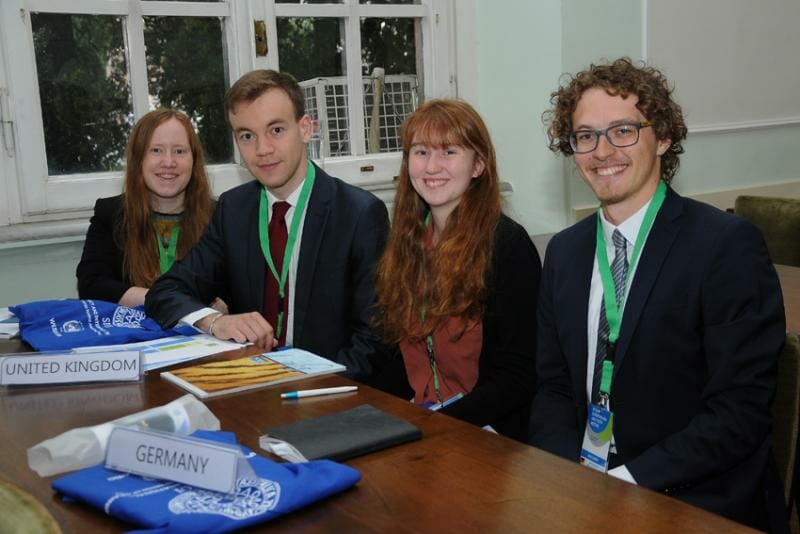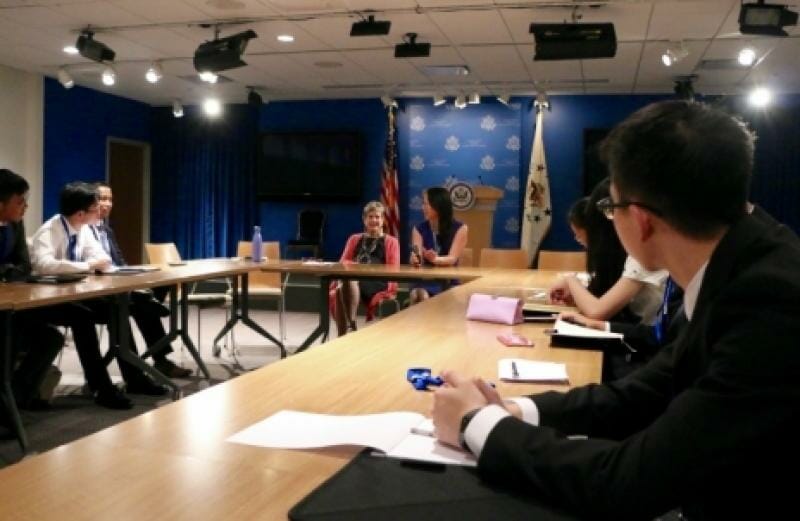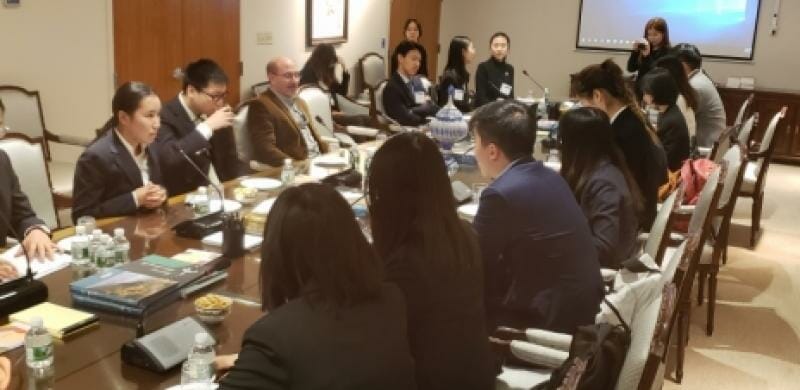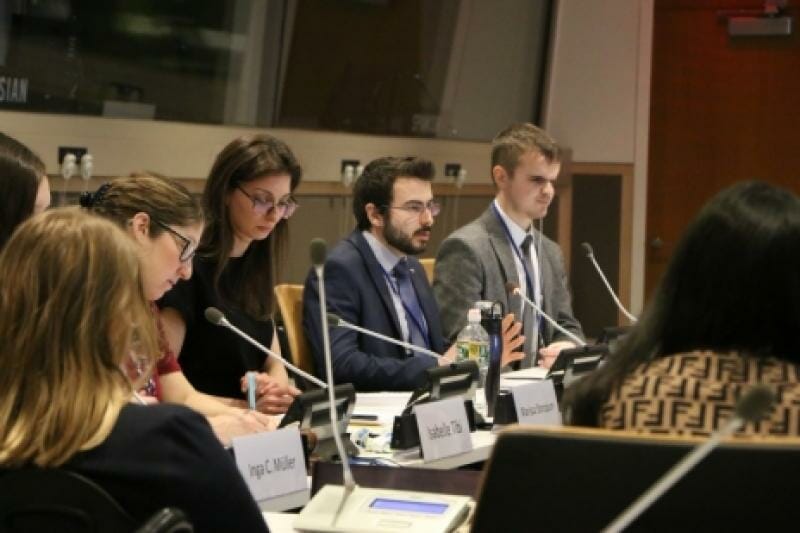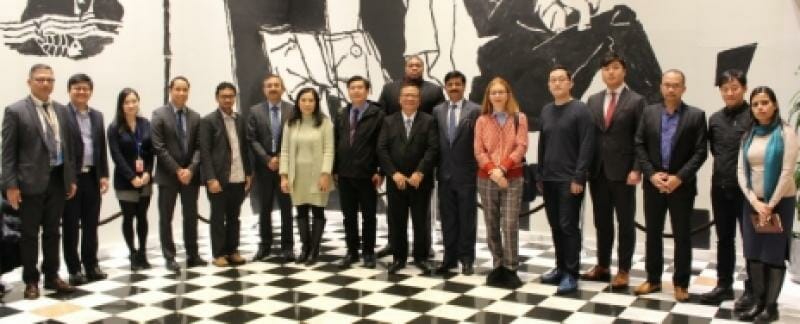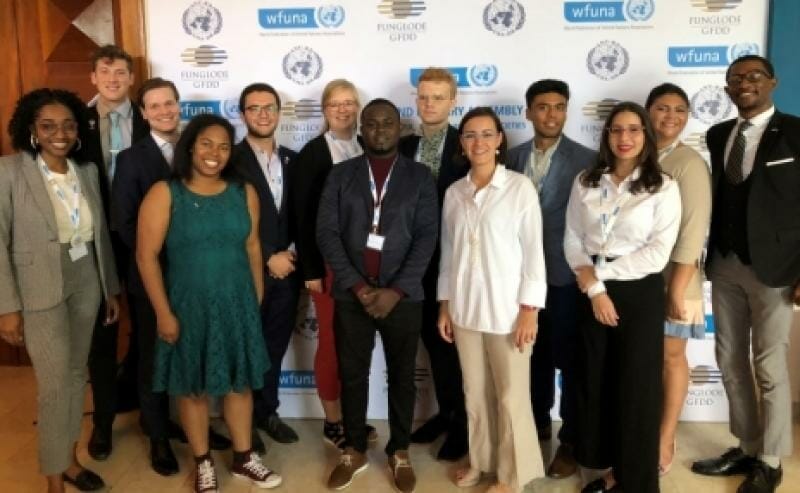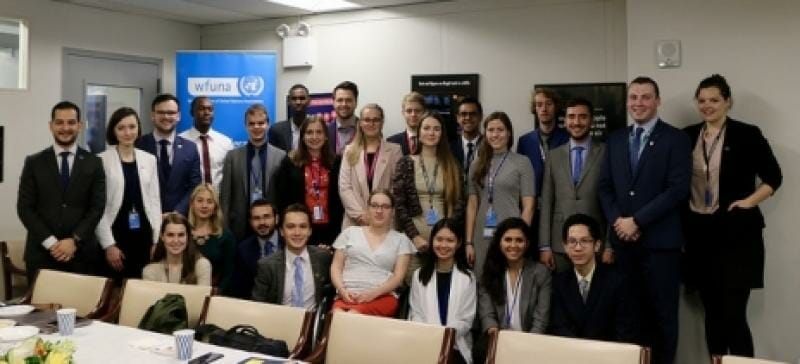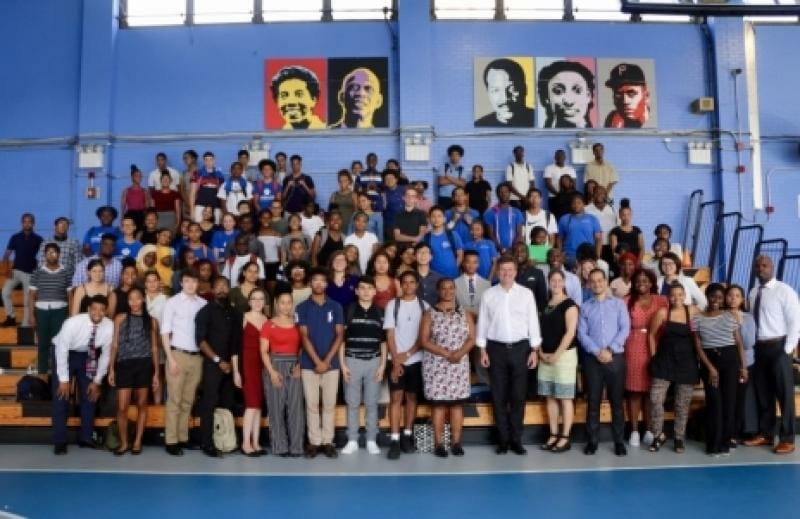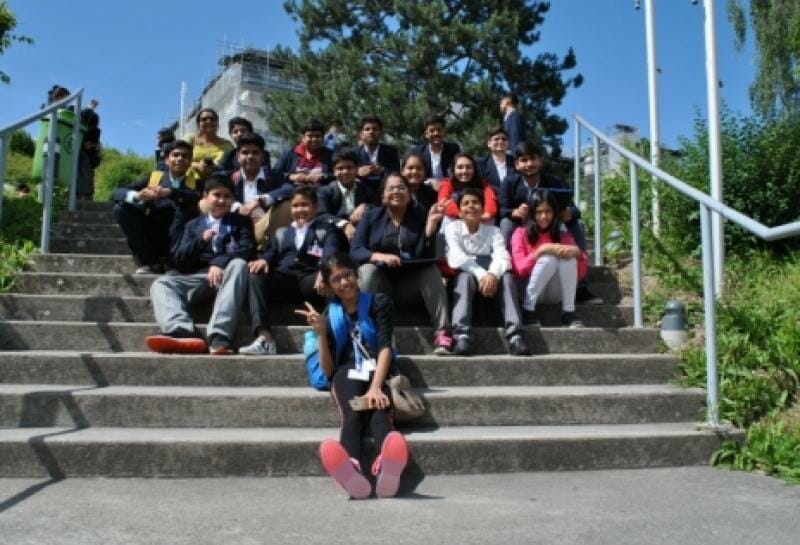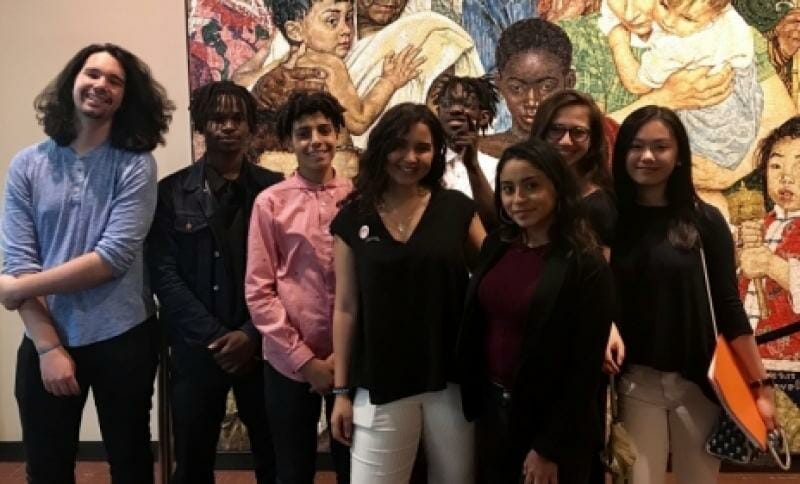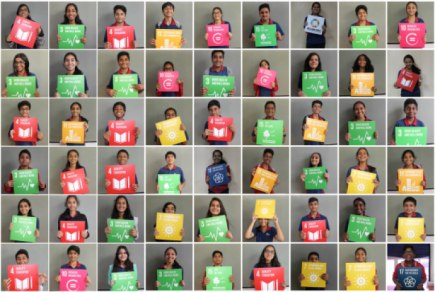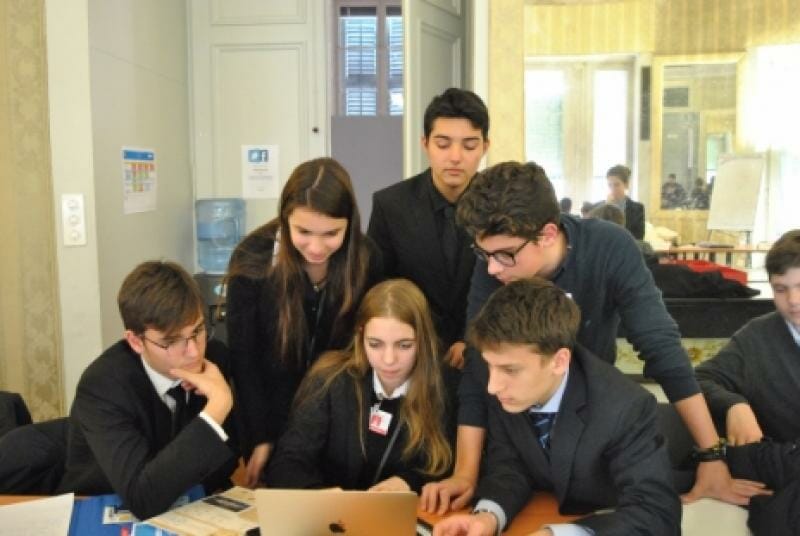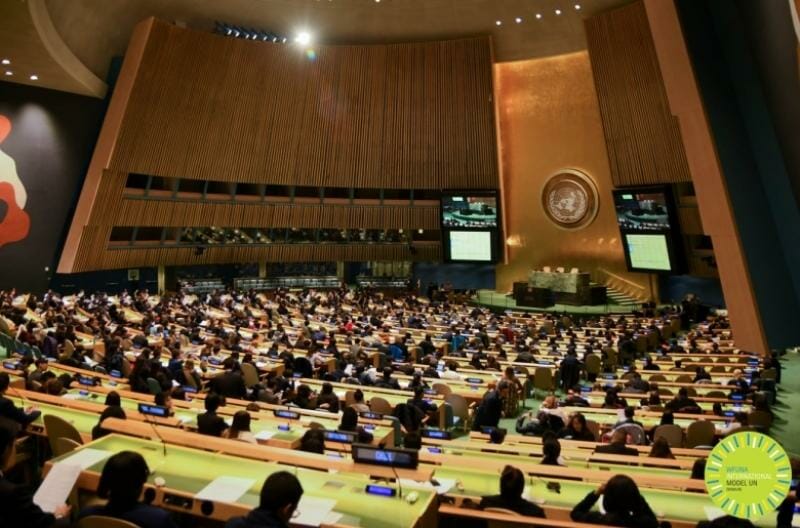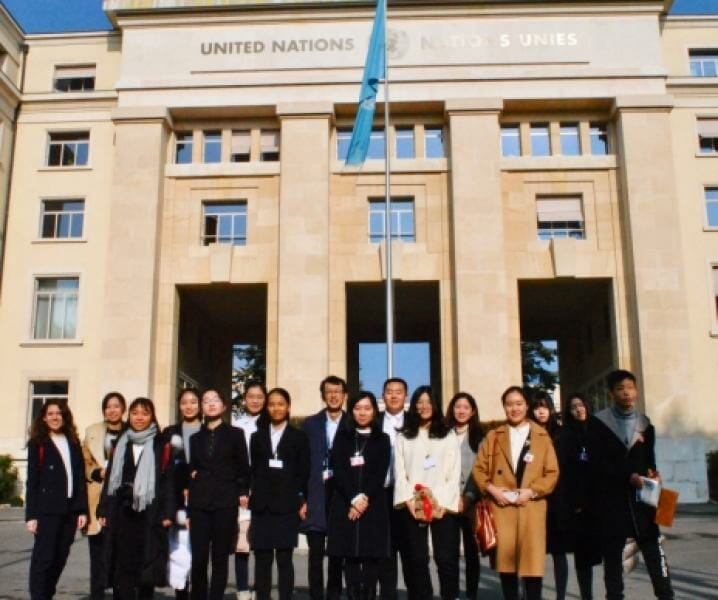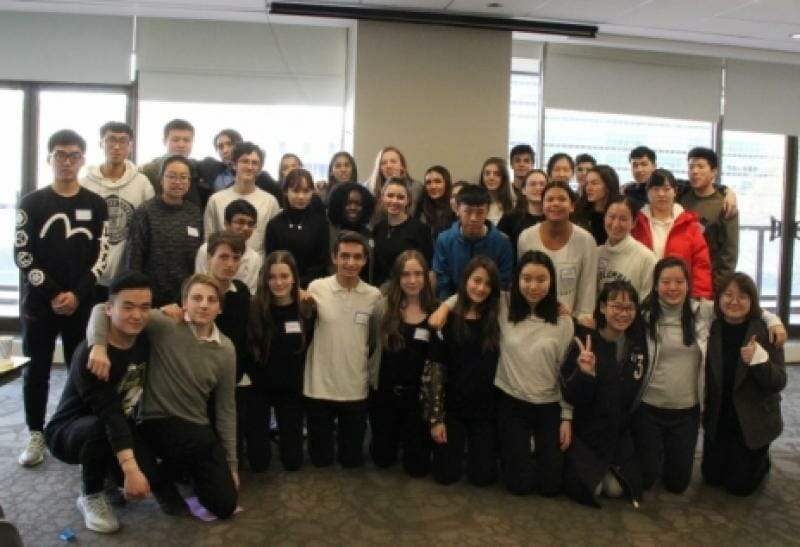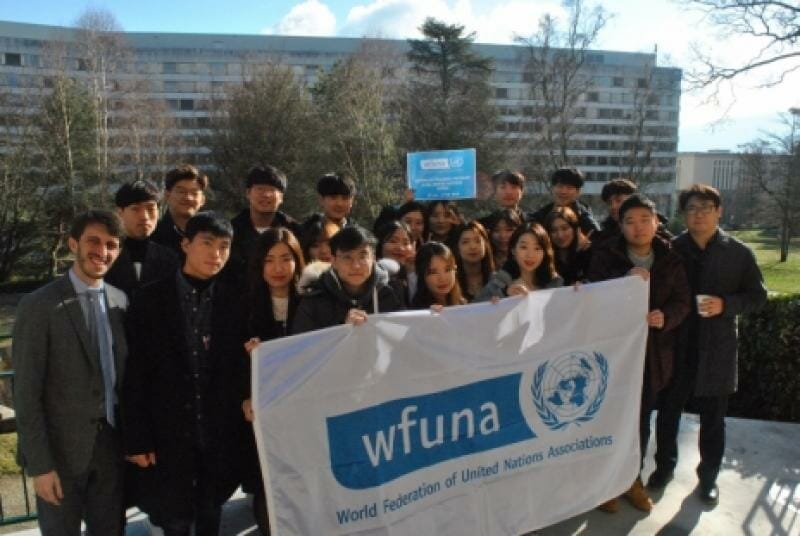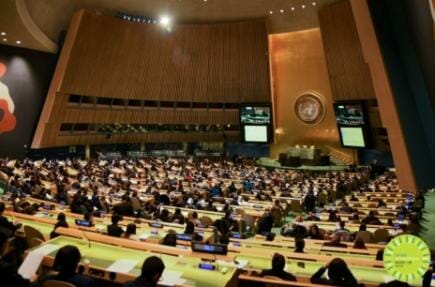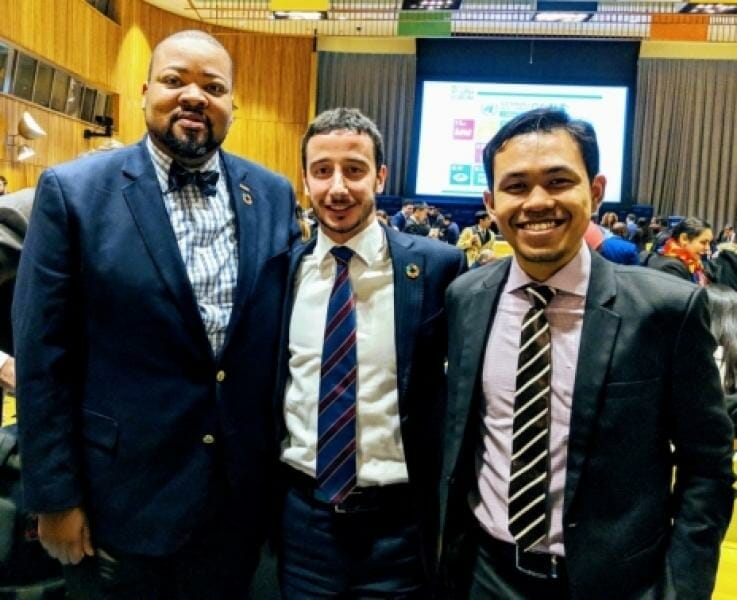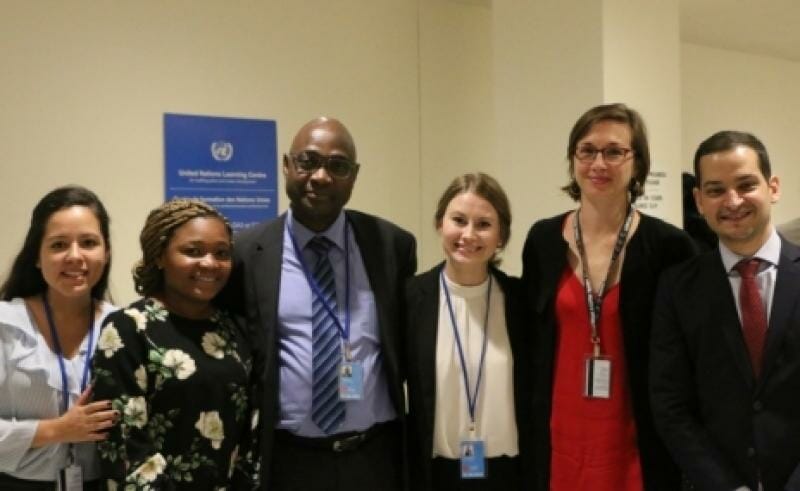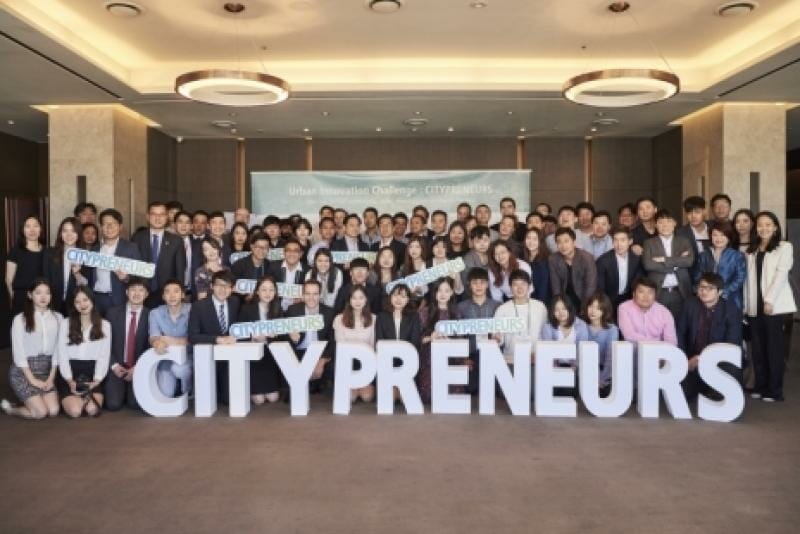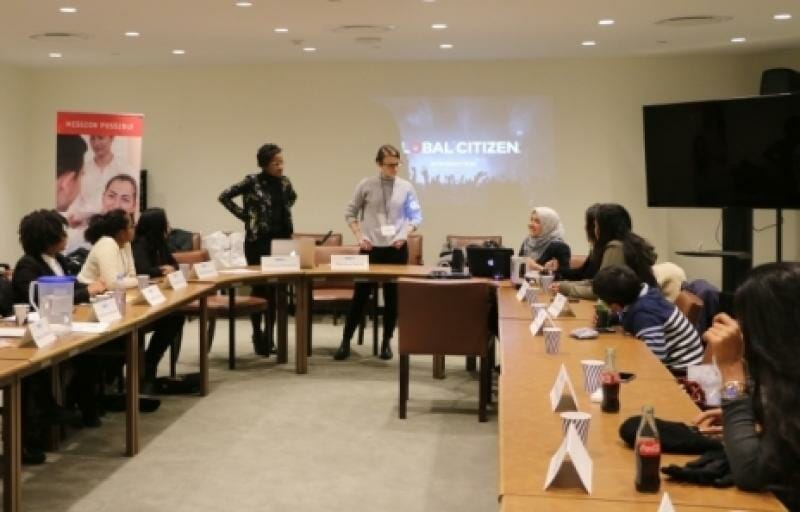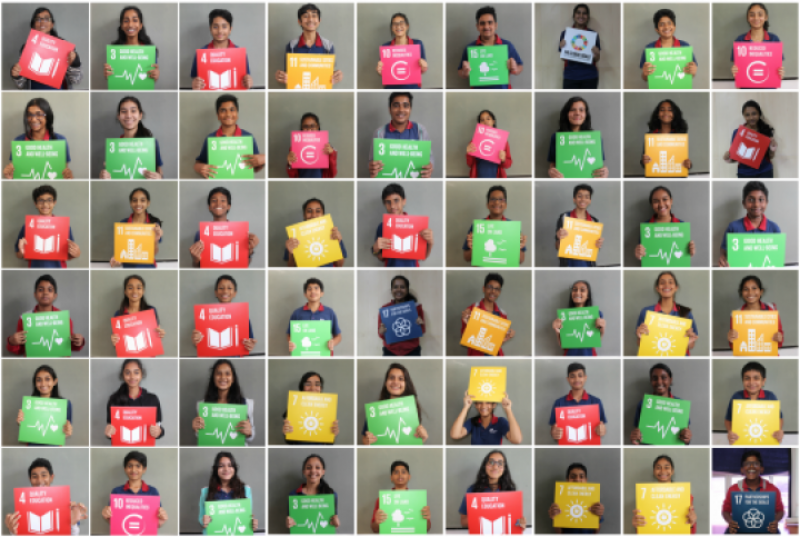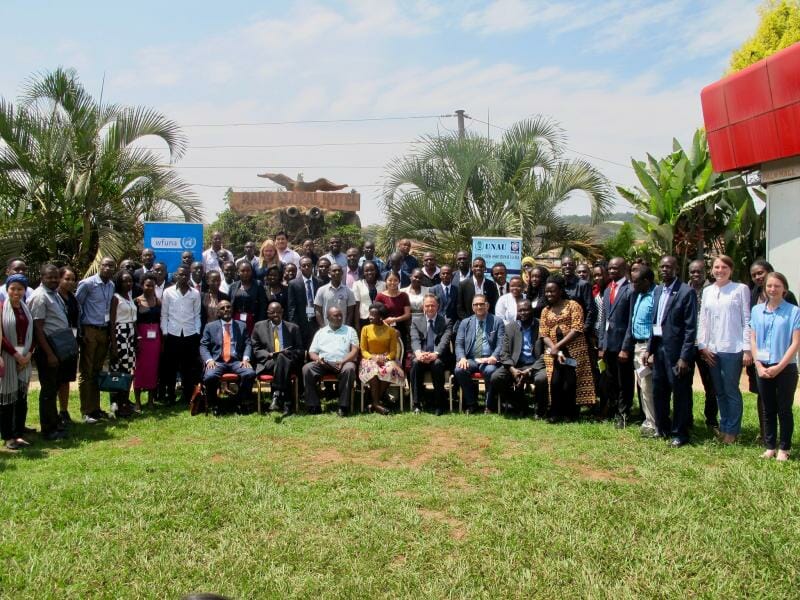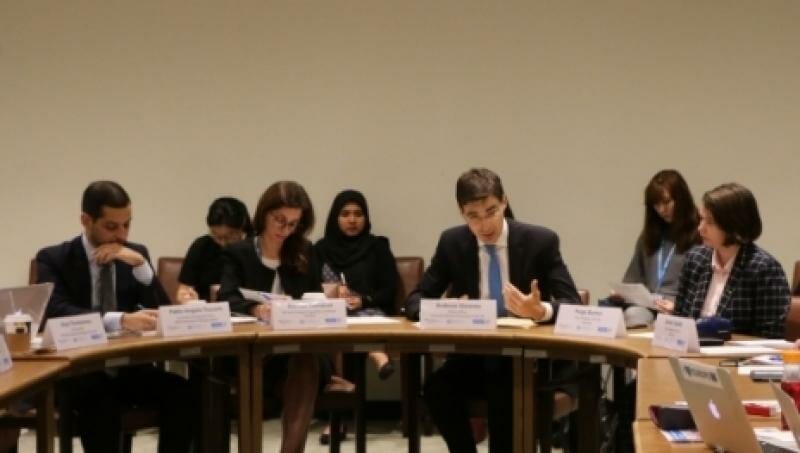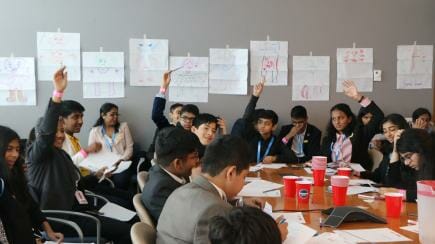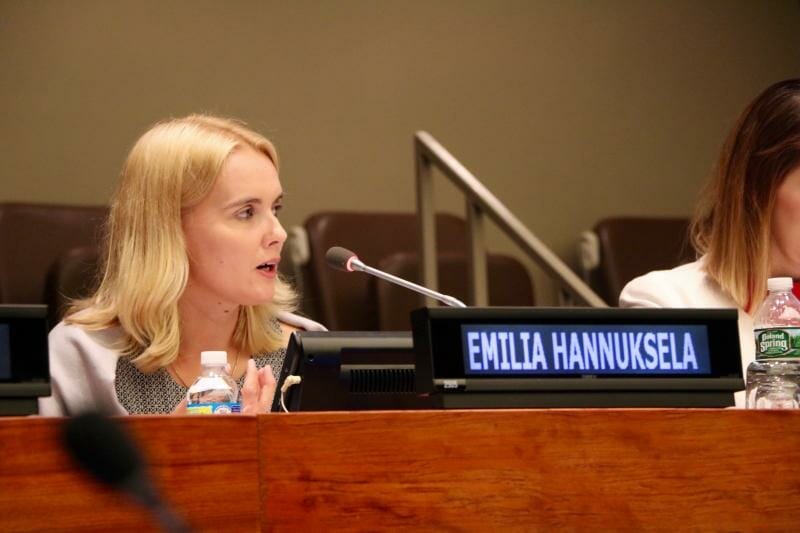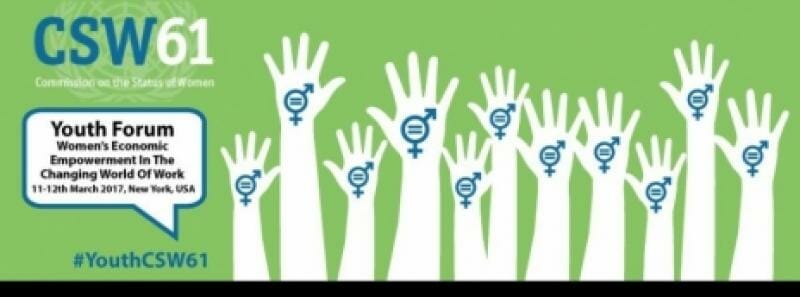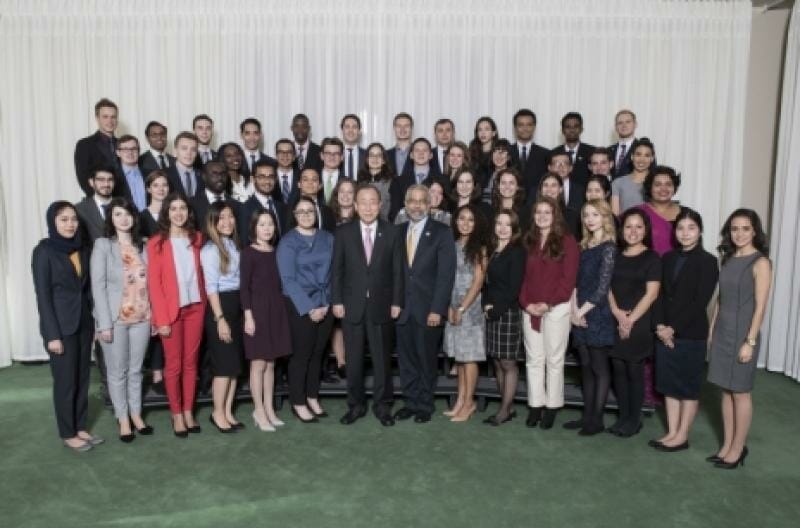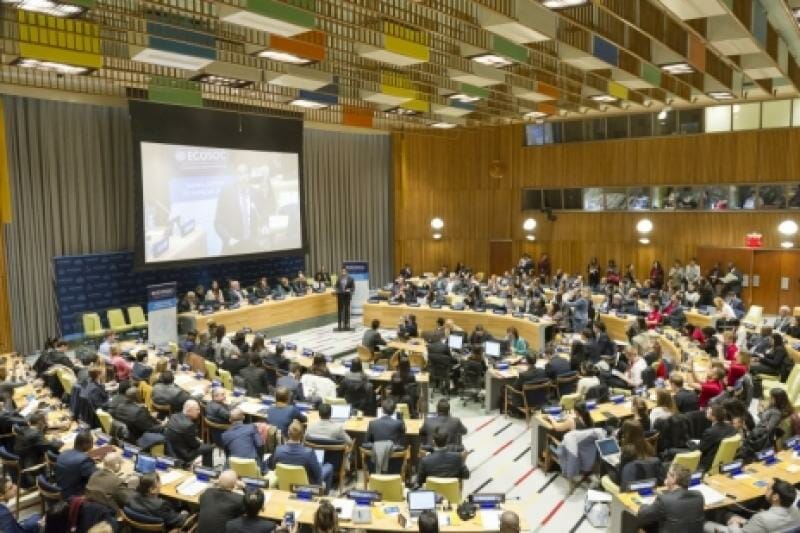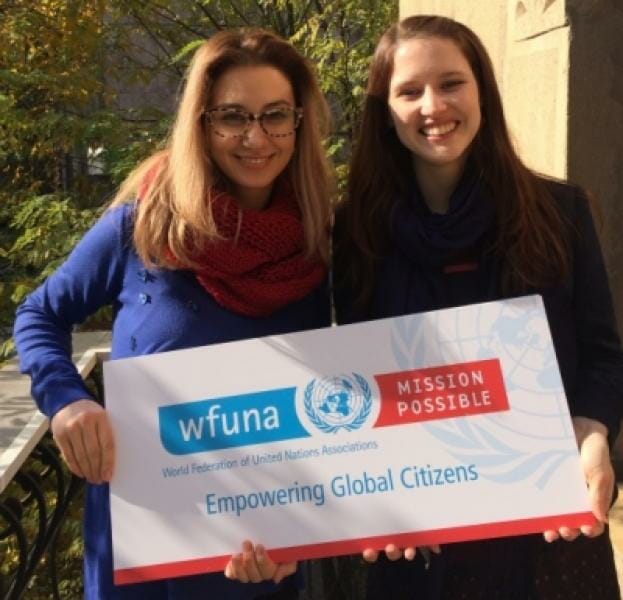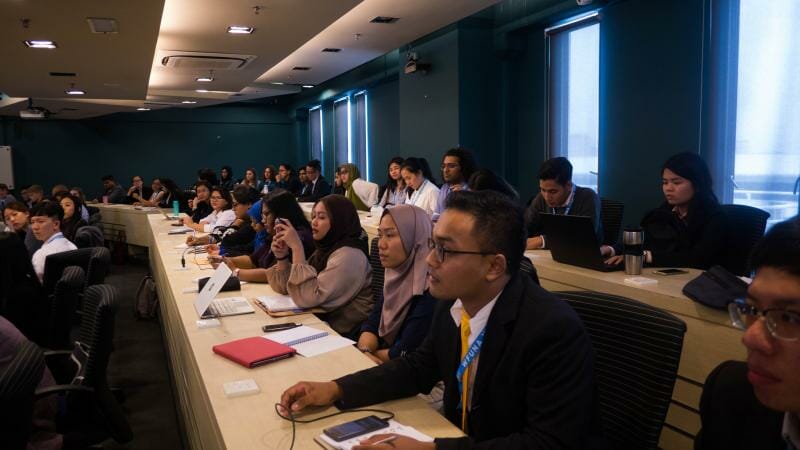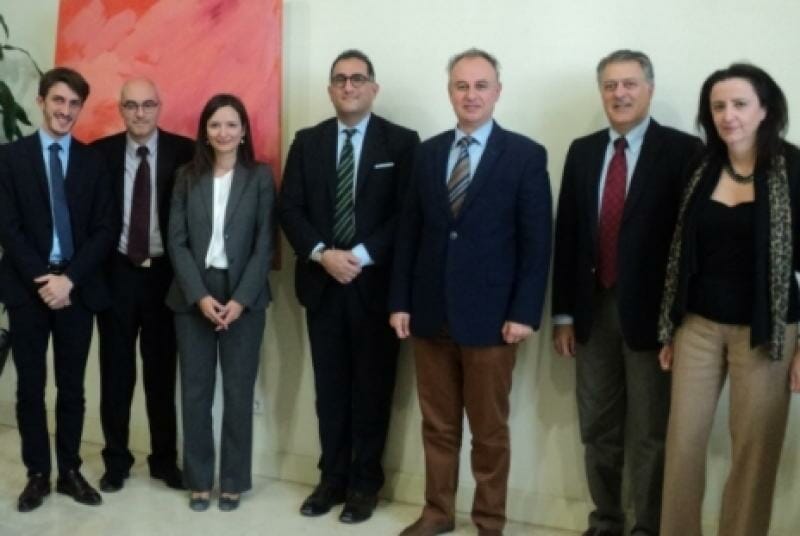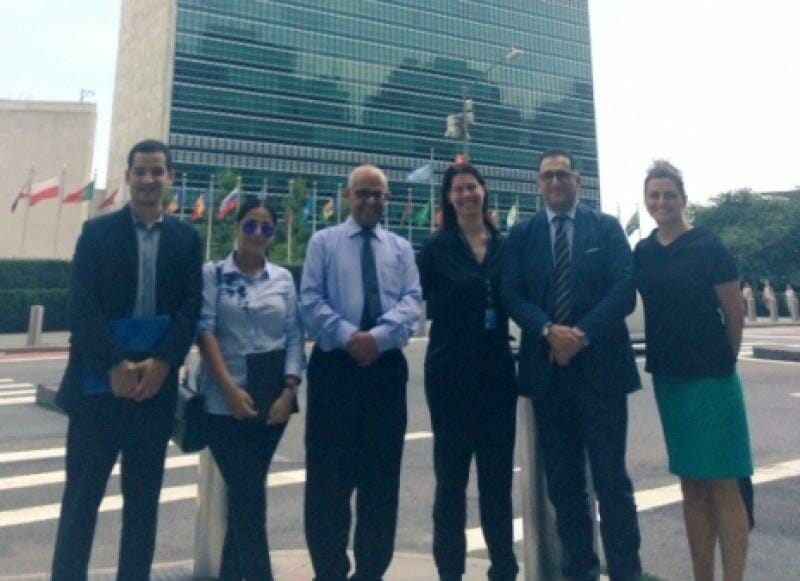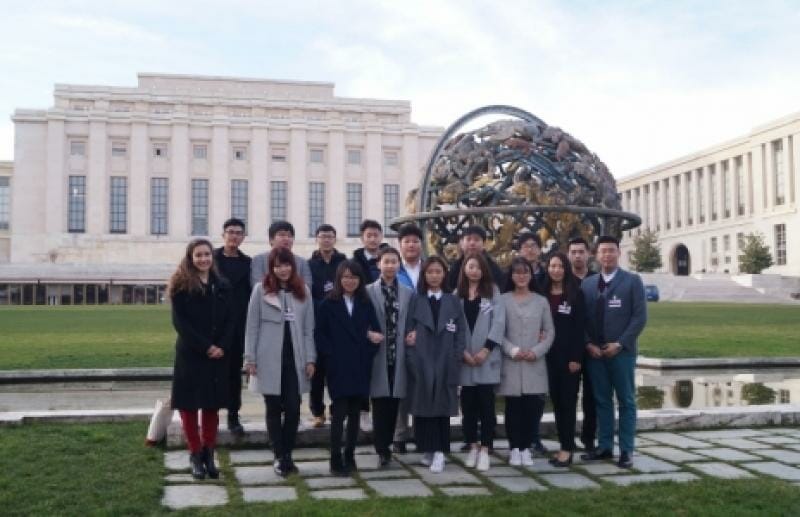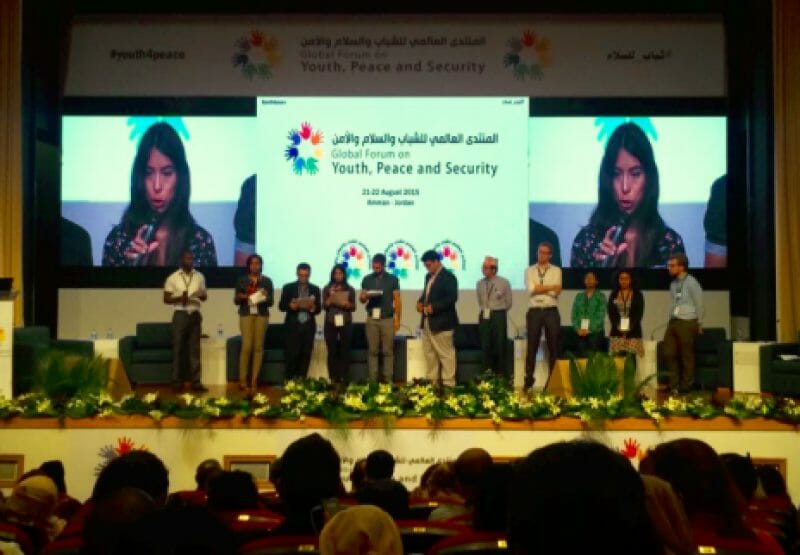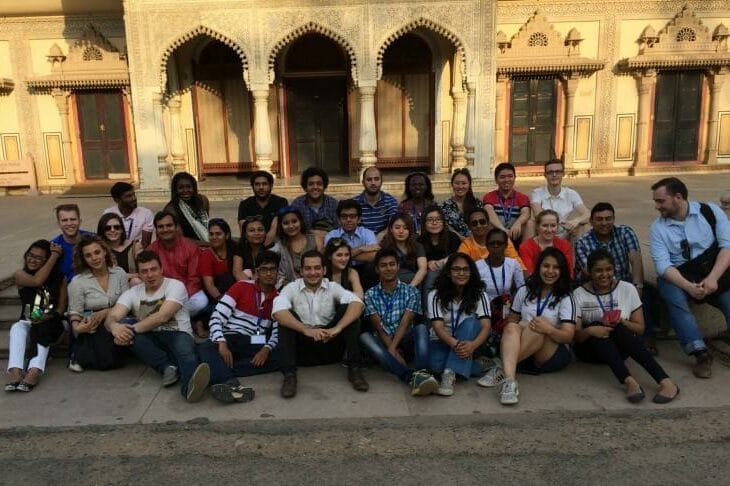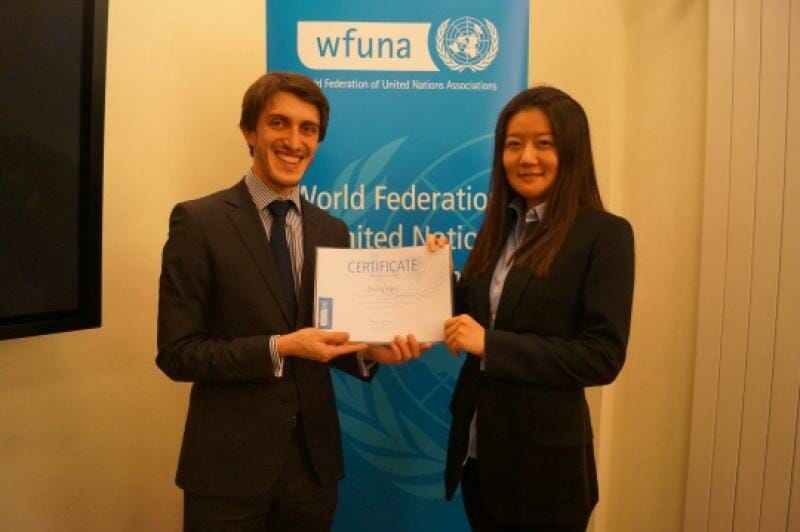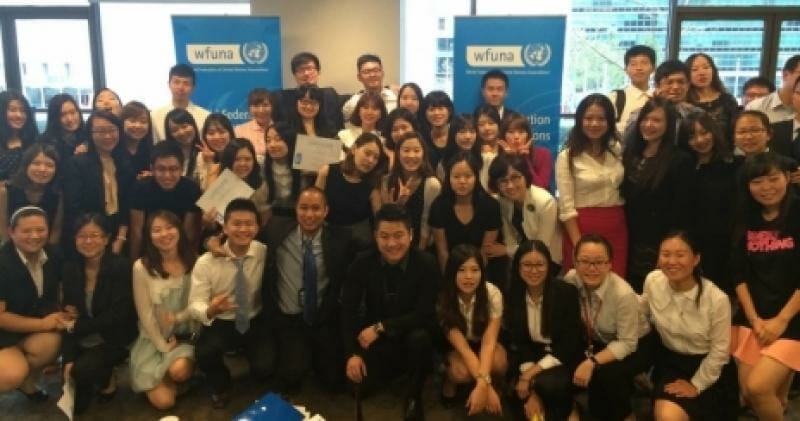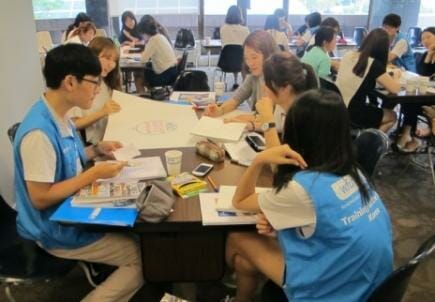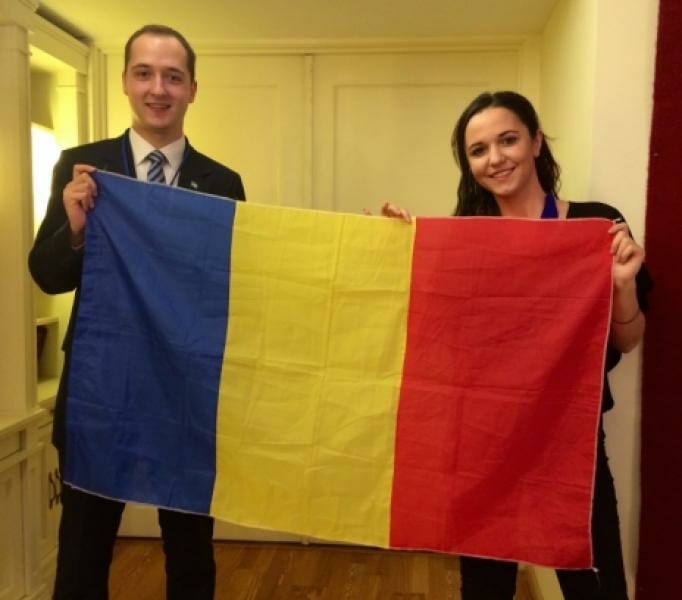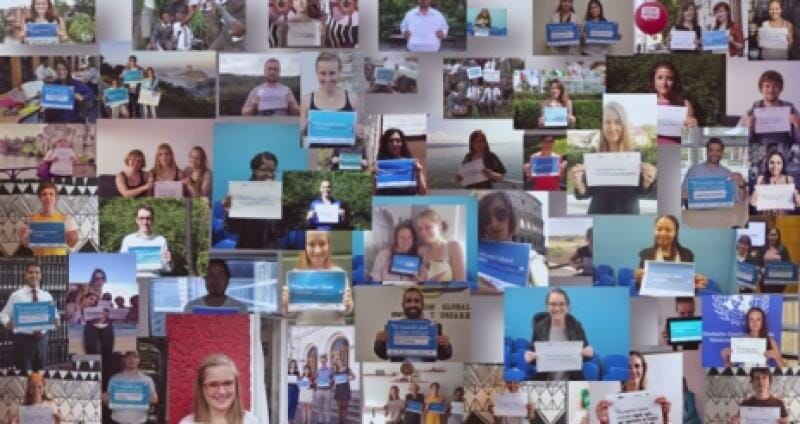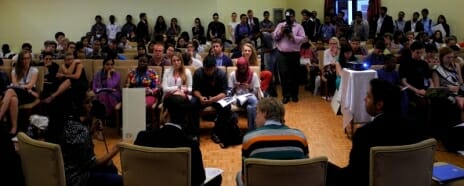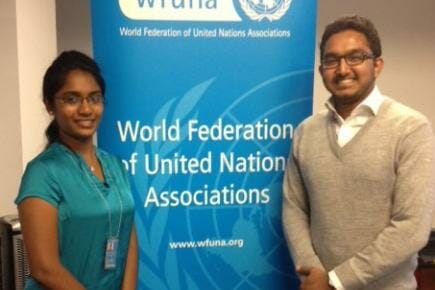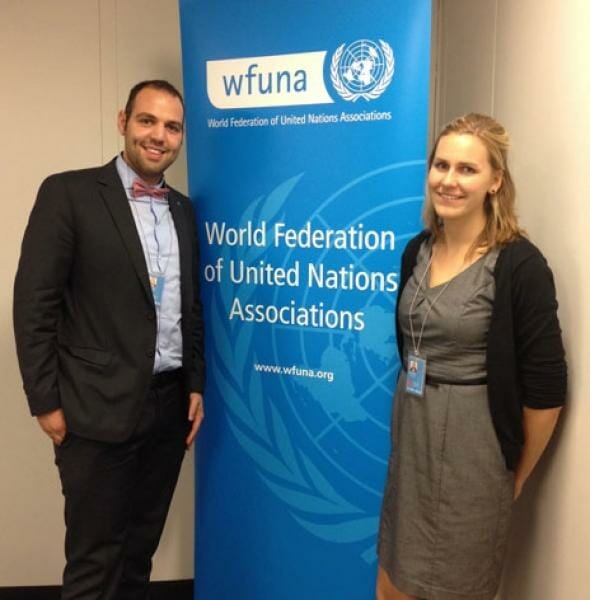In 1995, the United Nations General Assembly adopted the World Programme of Action for Youth, which invited member states to include youth representatives in their delegation. Thus, the UN Youth Delegate program was born. Almost 20 years later, the program has provided opportunities for youth participation within UN bodies such as the Social, Humanitarian and Cultural Affairs Committee (also known as the Third Committee) and the Economic and Social Council (ECOSOC).
This year’s batch included 32 delegates from 19 countries out of the total 193 member states in the UN. What may account for the limited representation? One answer lies within member state participation. While the youth delegate program is coordinated at the global level by the UN’s Programme on Youth, it is up to the member states to establish the program on a national level and choose youth representatives for its delegation.
For some countries, such as Bulgaria, the Dominican Republic and Germany, national United Nations Associations (UNAs) work alongside National Youth Councils to play a vital role in the UN Youth Delegate selection process. For countries seeking to establish a youth delegate program, partnerships with civil society organizations like UNAs can provide an important base of support for lobbying governments to implement the program.
Another answer of why there are so few UN Youth Delegates lies in awareness building on a mainstream scale. In an effort to highlight this significant program, WFUNA sat down for a coffee chat with ten delegates to shed some light on their duties, experiences and the critical issues faced by youth in their respective countries.
We begin the series with Denis Naets, one of two youth delegates representing Belgium. With master’s degrees from the University of Louvain in Ethics and Public Policy as well as Political Science, the 27-year-old complements his academic achievements with experience in project management. Here’s a glimpse into his life as a UN Youth Delegate.
WFUNA: What motivated you to apply to become a youth delegate?
Denis Naets: I’ve always been interested in international politics. When I was a student, I joined a student organization whose purpose was to inform students of the activities of the UN. That’s when I became really involved. After my studies, I joined UNA-Belgium and that’s where I learned about the UN Youth Delegate program. So I applied and I had the luck to be selected.
Describe the process of becoming a youth delegate in Belgium.
In Belgium, it’s a little complicated because you have two communities. I would speak about the community in which I live, which is the French speaking community. It’s the National Youth Council that sends out the call for applicants, so you have to answer some basic questions, write a short essay about the United Nations and explain what you have done and what you will be doing as a UN Youth Delegate. If you are selected, there is an interview with the National Youth Council and the former youth delegates.
What was the topic of your application essay?
It was about the most important priorities of the World Program of Action for Youth and identifying which ones should be pushed forward the most at the UN. The general topic was inequalities.
What have you learned are the issues that youth are trying to push forward in the global agenda?
As a whole it’s quite difficult because youth is a very broad category of people. The problems they face aren’t always the same, so we try to find cross-cutting issues. The first time we went to the UN was in February for the Commission of Social Development and the topic there was youth and employment, which was becoming quite big in Belgium but also in the rest of the world. So we try to raise awareness of this topic. Now for the GA, our cross cutting topic was youth participation. We try to convince national delegations to give more attention to youth participation, to set up youth inclusive decision-making processes. This was our main process.
What insight have you gotten into the UN process or system that you might not have had before coming to NY?
When I arrived here—and I think I share this experience with a lot of youth delegates—there is inevitably some kind of frustration because you think as a youth delegate, you will be able to change things. We realized that the UN is a very slow process. It’s not that by coming here for two weeks that you’ll be able to really change the world. It’s really about continuity and baby steps. We have a speech at the General Assembly, for instance, and we realized that this speech wasn’t probably going to change a lot of things. It’s just a small step in maybe the right direction. I think the insight we have is that we shouldn’t expect too much. We have to continue advocating for change. We have to be realistic and we shouldn’t fight only on the level of the UN, but also concentrate on the other levels. Probably the local level is where we as youth can have the most impact.
Do you think a lot of youth in Belgium know that the local efforts are most important?
I think there is already some awareness among Belgian youth that if change was going to happen, it wouldn’t come only from the UN. There is a lot of civic engagement from young people on the local, regional and national level. When I explain what I do as youth delegate, most of them are quite surprised it even exists and one of the most frequent questions I receive is, “What do you believe will be the outcome of your presence there?” So they are already critical about it. I have to convince them that even if we are not going to change the world, we will at least making a little change in a good direction.
What are your plans when you go back to Belgium?
My mandate is about to end so when I come back, it will be all about the selection process of the next generation of youth delegates. I’ll help in that and then there will be a transfer of knowledge. We’ll explain what was our experience, what we’d suggest and recommend and give insight about the work we did so they can continue it. It’s all about continuity.
What will be your advice to the next batch of youth delegates from Belgium?
A very big piece of advice that I would give them is to coordinate as soon as possible with the other youth delegates because it’s really as a group where we can have the biggest impact at the UN.
What recommendations do you have for the youth delegate program as a whole?
I think one of the main challenges that the youth delegate program in general is representation. Only 18 countries are represented. It’s too few for us to really speak up as youth. One of the main challenges would be to convince other countries to come on board and to start the program so that we can really speak as global youth, and to especially include countries from the south. Most countries represented are European countries or at least Western countries.
What would you say to youth to encourage them to become a part of or lobby for this program?
A good start, according to me, would simply be explaining what we do, explaining the experience we had not only at the UN, but in Belgium. Being a youth delegate allows you to meet a lot of interesting people, not only decision makers but also fellow young people. It’s this idea of contributing to building a better future for ourselves, for our generation and future generations. It’s simply explaining what we do, how it works and what we can achieve together—I think that would be the biggest motivation for anyone.
Random Question: What did you want to be when you were a kid?
I think like most kids, I wanted to be a pilot or an astronaut.


